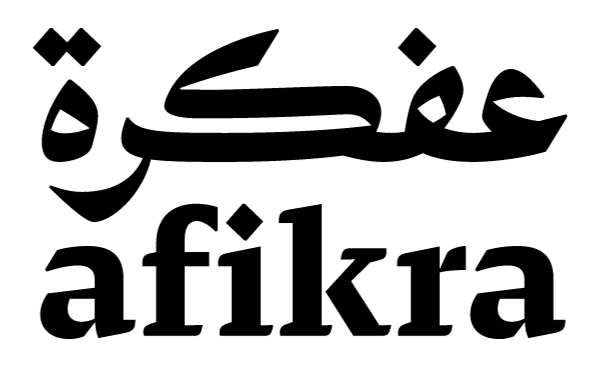Reporting the Truth About Palestine & the Failure of Western Journalism | Dima Khatib
Dima Khatib, managing director at AJ+, is leading crucial work to speak truth to power in the face of what we’re witnessing in Palestine: tackling misinformation, dismantling false narratives on multilingual platforms, and standing apart in the current media landscape.
We start with a reflection on the targeting of journalists and the assassination of the truth from Iraq to what we’re witnessing right now in Gaza. We explore the idea of a war of information and “embedded journalists”. Dima shares her first-hand experience in combating misinformation and replacing dehumanizing narratives, explaining AJ+’s approach to speaking to different audiences in their own languages about what’s happening on the ground.
We ponder about Western media, the notable absence of journalists speaking up against injustice and war crimes, and the debilitating but far-reaching double standards that permeate Western media and popular narratives.
In a more hopeful light, Dima points to the powerful role of Gen Z on platforms like TikTok and Instagram and the fact that vocabulary such as “Nakba” and “settler colonialism” is becoming part of a common, global language.
Finally she shares reading recommendations from Jewish, Israeli and South American writers that have helped her understand what is happening in Palestine and to Palestinians, and the realities of colonialism and dignity.
This episode was recorded on Tuesday, November 14 at 6:45pm Palestine Time. Please note that we're recording special podcast episodes relevant to understanding the historical context of what is happening in Palestine. Make sure to check out the other highly informative conversations with guests from completely different disciplines who are generously sharing their time and insight in these dark times.
Dima Khatib is the managing director of the award-winning AJ+ channels in four languages: English, Arabic, Spanish, and French. She joined the Network in 1997 as a junior broadcast journalist in Qatar and went on to become the first female executive within Al Jazeera. Later, Dima set up bureaus in China and Venezuela where she was Al Jazeera’s bureau chief for almost a decade. Dima has reported from over 30 countries in five continents, interviewing presidents and people from all walks of life. Dima is a polyglot who has published the book “Love Refugee”. She has been classified as one of the most influential Arabs online since the early days of social media.
THIS SERIES IS PART OF THE AFIKRA PODCAST NETWORK
Palestinian history and culture will not be erased. History warns us how media's dehumanizing rhetoric can pave the way for targeted aggression and allow society to permit atrocities as grave as genocide. It is resolutely within our mission to counteract this dehumanizing narrative. Afikra has always stood in unwavering solidarity with our Palestinian sisters & brothers and individuals of all nationalities and faiths around the world who bravely protest the illegal Israeli occupation of Palestine and condemn the state violence of the Israeli colonial settler project.
After the events of October 7, 2023 it felt impossible to go on with the podcast like business as usual. So we dedicated The afikra Podcast programming to special episodes relevant to understanding the historical context to what is happening in Palestine. Each episode was recorded in real-time and uploaded to YouTube and everywhere you get your podcasts. For most of these, the time of recording is key to understanding the context in which these conversations took place so make sure to refer to these and to check out all of these highly informative conversations with guests who are from completely different disciplines and have generously shared their time and insight in these dark times.
And as we entered the new year and the atrocities continue, we deemed it necessary to create an exclusive series dedicated to Palestinian history and culture. This is how this podcast came about and will continue to exist so long as the fight for liberation and peace continues.













